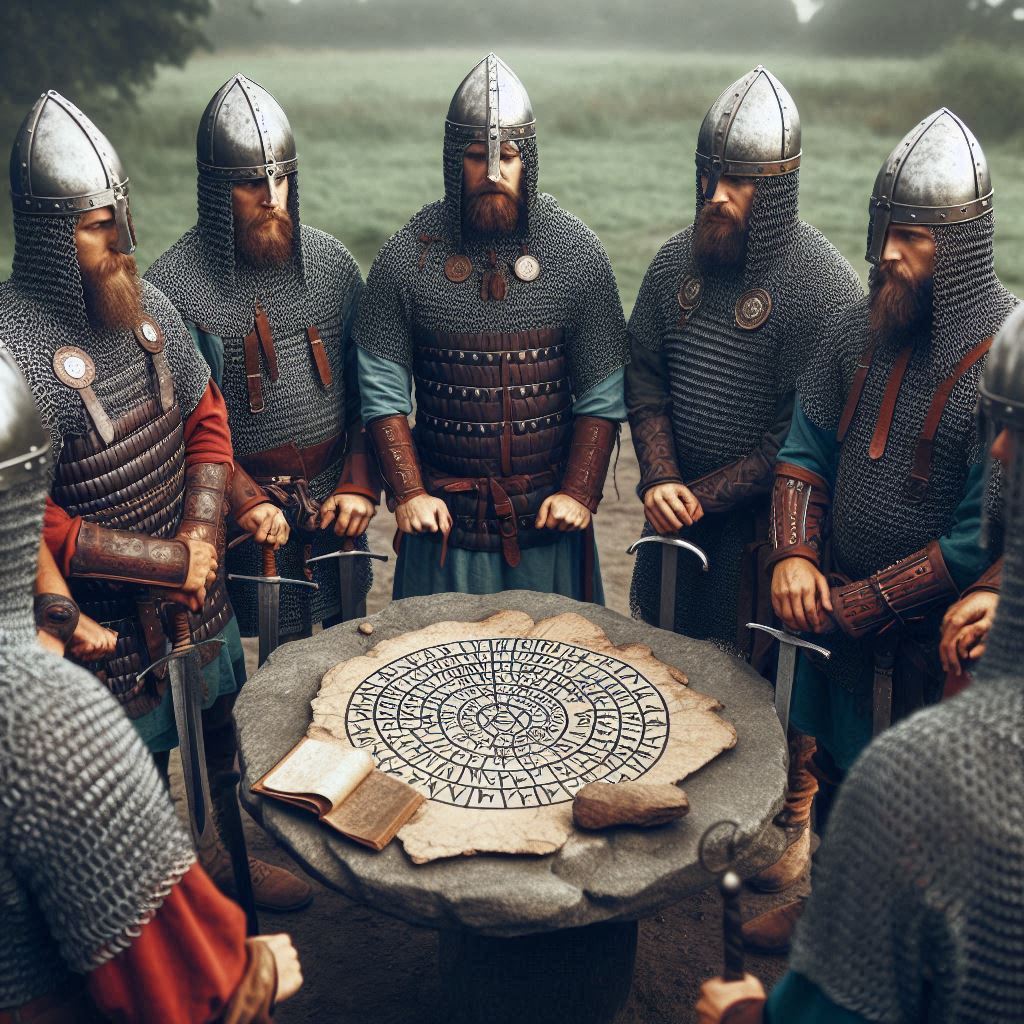The New Paradigm

The archaeologists and historians who came to the conclusion that the Anglo-Saxon invasion was not so much an invasion but rather a take over, an early equivalent of a hostile bid for a company, were influenced by a general presumption towards gradualism, which disposed them against the idea of a mass invasion by hordes of Anglo-Saxon invaders. Coupled with that was a reluctance to play into right-wing narratives about immigration. An elite replacement that left the vast majority of the people in Britain unaffected resonated better with modern prejudices than the idea of invaders displacing the natives and taking over.
So by the turn of the millennium, at least among academics, the old idea of mass folk movements and violent invasions had been pretty well entirely discarded. The arrival of the Anglo-Saxons was a cultural transformation resulting from small groups of warriors taking over the petty kingdoms of Britonnic kings and the native populations gradually adopting the language and customs of their rulers. The archaeological evidence trumped the patchy historical accounts.
0 Comments